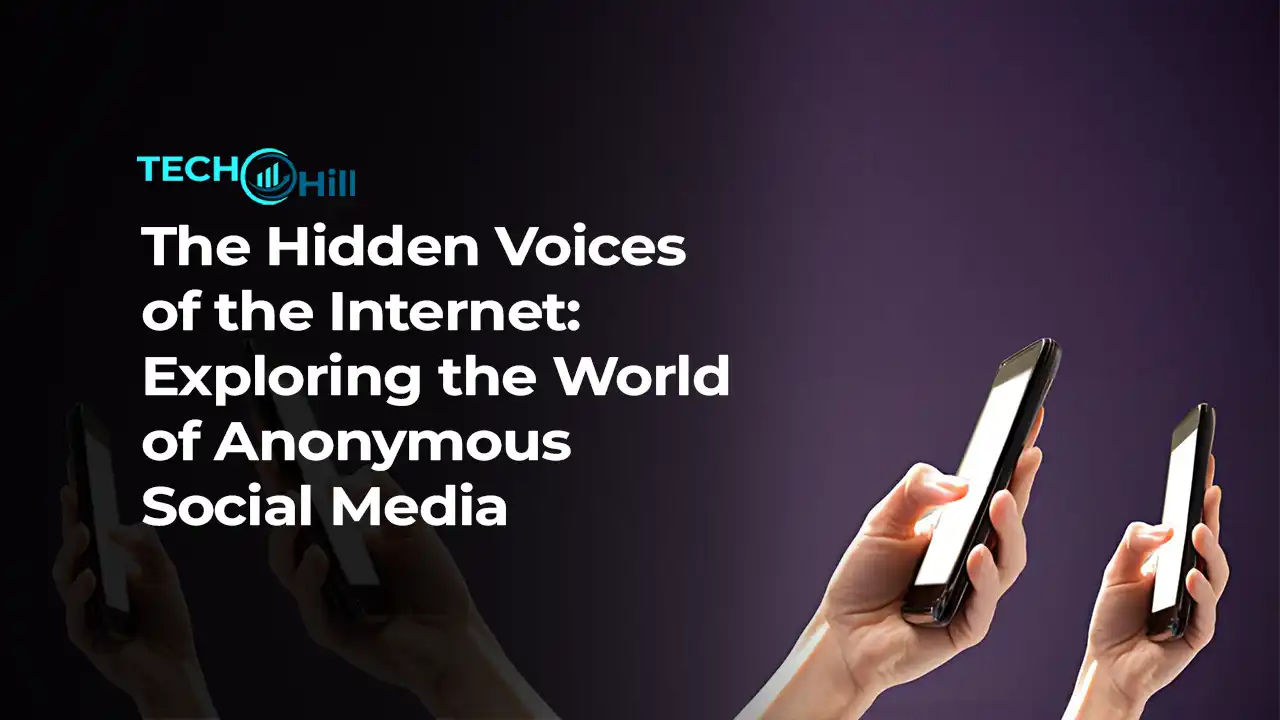The Hidden Voices of the Internet: the World of Anonymous Social Media

In the bustling digital age, the concept of anonymity online paints a complex picture of freedom, privacy, and a return to the roots of the internet where one could express without the baggage of identity.
Anonymous social media platforms offer a rare sanctuary where users can share thoughts, feelings, and opinions without the fear of personal judgment or societal backlash. This article delves into the shadowy yet liberating world of anonymous social media, exploring its benefits, historical context, inherent challenges, and what the future may hold for these intriguing platforms.
Benefits of Anonymous Social Media
Freedom of Expression
Anonymous social media is a bastion of free speech. Here, users are unshackled from the constraints of societal expectations and can discuss topics that are often stigmatized or taboo in public settings. This freedom can foster a more open and honest conversation where ideas flourish without the fear of personal or professional repercussions.
Support and Community
Amidst the noise of mainstream social media, anonymous platforms offer solace where individuals can seek advice, share personal experiences, and find community without disclosing their identity. This can be particularly empowering for those dealing with mental health issues, personal crises, or sensitive questions.
Creativity and Innovation
With the safety net of anonymity, creativity knows no bounds. Users are more likely to experiment with new ideas and artistic expressions when they know their real-world reputation is not at stake. This environment can lead to innovative ideas and movements that might not have found a footing in a non-anonymous setting.
Historical Context
The Early Internet and Anonymity
The internet’s early days were marked by a profound sense of anonymity. Bulletin board systems (BBS) and later, platforms like Usenet, were predicated on pseudonymous interactions. This era fostered a culture where content and ideas were paramount, overshadowing the identity of those who posted them.
Evolution into Social Media
As the internet evolved, so did the nature of online interactions. The rise of social media giants like Facebook and Twitter shifted the focus from content to personality, significantly reducing the scope of anonymity. However, the need for an anonymous online space persisted, leading to the emergence of platforms dedicated to anonymous interactions.
Challenges and Issues
Privacy Concerns
While anonymous social media is designed to protect user identity, these platforms still face significant challenges in truly safeguarding user data. The potential for data breaches remains a persistent threat, with implications for both personal privacy and overall security.
Misuse and Accountability
Anonymity can also be a double-edged sword. The lack of accountability has made these platforms hotbeds for cyberbullying, hate speech, and misinformation. Balancing the freedom of anonymity with the need to curb abuse is a continuous struggle for platform administrators.
Legal and Ethical Implications
The anonymous nature of these platforms complicates legal oversight. Issues like harassment, threats, and illegal content pose significant challenges for law enforcement, often requiring new approaches and tools to address these concerns effectively.
Impact on Society

Amplifying Unheard Voices
Anonymous social media has the unique ability to amplify voices that might otherwise be silenced. It provides a platform for marginalized communities to speak out, share their experiences, and mobilize without fear of reprisal.
Shaping Public Opinion
These platforms also play a crucial role in shaping public opinion. During political unrest or social movements, anonymous posts can influence public perception and action, for better or worse.
Future Trends and Predictions
Enhanced Privacy Features
As technology advances, we can anticipate more robust privacy features to enhance user safety and trust in anonymous social media platforms.
Regulation and Oversight
The increasing impact of these platforms on society may lead to more stringent regulations aimed at balancing anonymity with accountability.
Integration with Mainstream Media
There is a potential for a more fluid interaction between anonymous and non-anonymous platforms, possibly leading to new hybrid forms of social media that offer both privacy and identity.
Conclusion
Anonymous social media holds a mirror to the complexities of human expression in the digital age. While it offers significant benefits by providing a platform for free expression and community support, it also presents substantial challenges that need careful management. As society continues to grapple with these issues, the evolution of these platforms will be a crucial area to watch.
